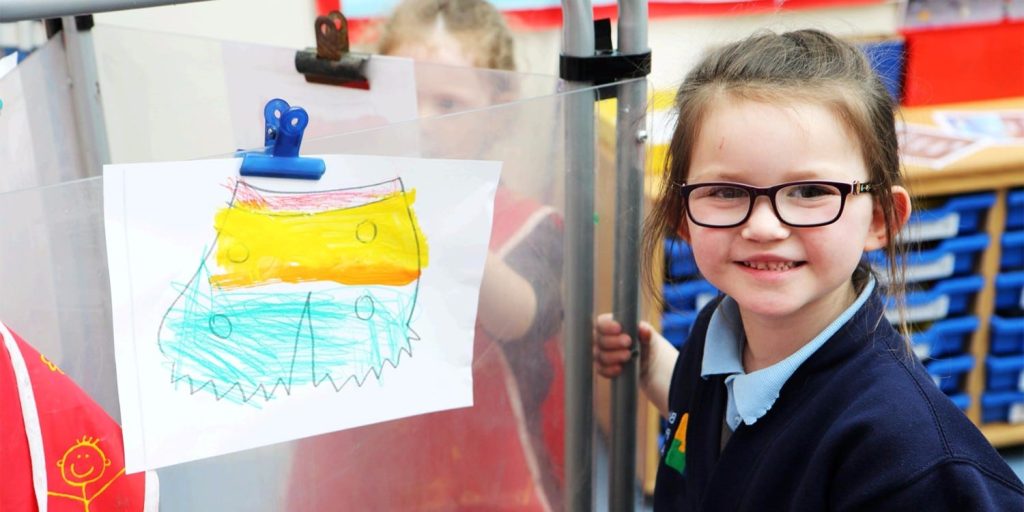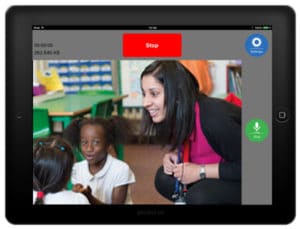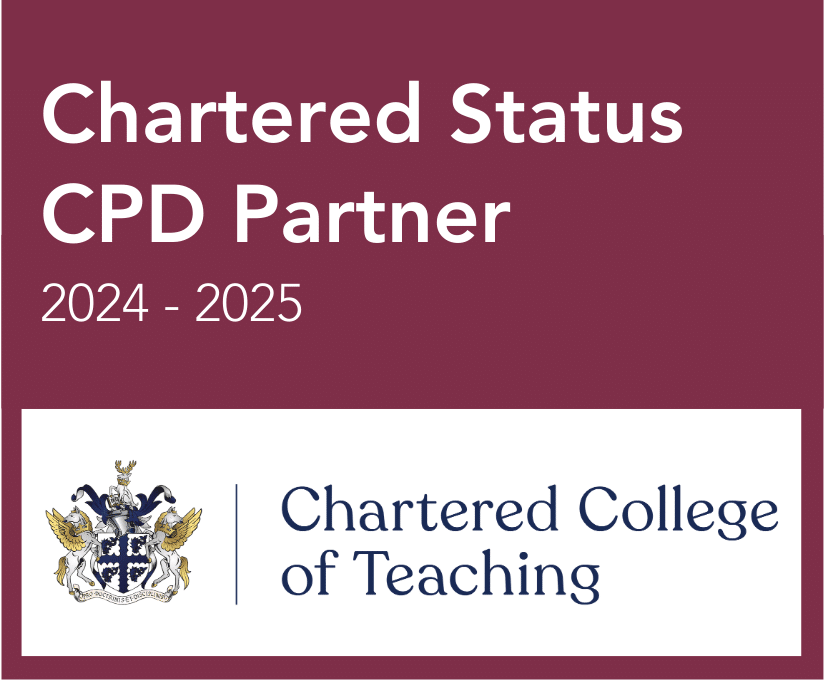Success with NQTs
Supporting NQTS to meet expected standards and improve wellbeing
Summary
Using the power of IRIS Connect, Focus-Trust has overcome the geographical limitations of having 22 NQTs spread out over 15 academies, helping them to rapidly improve their practice and become reflective practitioners. Resulting in all the NQTs meeting expected standards by the end of their NQT year and improved wellbeing.

Challenges
At Focus-Trust in the North West of England, they understand the importance of providing their newly qualified teachers with a solid NQT year.
“A quarter of teachers leave the profession in the first 5 years of their career,” explains Tracey Thornton, Academy Improvement Partner at Focus-Trust. “But it’s not until recently that research has found that NQTs who feel prepared, confident and satisfied with their training are more likely to stay in the profession for ten years or more. This research, as well as that on the success that comes from being a reflective practitioner, is why I’m so passionate about developing NQTs. They are the next generation of our profession.”
As part of the drive to develop NQTs working in Focus Trust academies, Tracey and the team wanted to help the 22 NQTs across their 15 academies to become reflective practitioners and move their practice on quickly. They attempted using reflective journals and asking the NQTs to write things down but saw limited success. So, in 2017 they decided to try IRIS Connect.
How IRIS Connect helped
“The NQTs get together once every half term at what we call our NQT Forum. During the session we’d deliver some training and set them a ‘gap task’, which is a task to do before the next forum,” describes Tracey. “This year we made IRIS Connect part of each ‘gap task’. For example, if we delivered some training on behaviour management, the NQTs would then go away and work on that, record themselves and add a clip to a Group in the IRIS Connect platform. The clip they shared could either be a successful behaviour management strategy or something they would like feedback on.”
The clips were shared with the other NQTs, their school mentors, and Tracey, and they could request feedback from anyone, whenever they wanted it. Every NQT now has a series of clips in the Group to show the progress they’ve made and the areas they have developed.
Results, return on investment and future plans
As a result of the NQTs commitment to using IRIS Connect they have all made good progress and met the expected standards at the end of their NQT year.
“It’s been really successful at improving the NQTs more quickly, particularly those that have been more wobbly, shall we say, and have needed more support and development. I think this process works so well with NQTs because it’s rare that they’ll have had a chance to see themselves in the classroom. Although NQTs receive regular feedback from other adults, using IRIS Connect is a really powerful process, because when teachers see for themselves what they are doing and the impact that has on pupils learning, it impacts quickly on developing their own experience.”
Tracey and her team encouraged the NQTs to visit each other in their academies, and the forums were held in a different school each time. IRIS Connect has allowed the NQTs to look at each other’s practice more often and when it suits them. “Using IRIS Connect to observe the NQTs has saved us a great deal of time and the need for frequent lesson cover.
It’s also contributed to the wellbeing of the NQTs because it takes the pressure off them,” says Tracey. “The NQT year is the hardest of a teachers career, so anything we can do to make it easier is essential.”
“Sadly, something we didn’t build in enough time for, but I would like to do with next year’s cohort, is to get the NQTs looking at a selection of clips at each forum so they can discuss face-to-face what they have learned during the process,” explains Tracey. “We’re also planning next year to use IRIS Connect with our ITT’s in the same way, so I’m sure there will be many more exciting developments to come.”
Find our more:

Teachers can take control and arrange their own professional learning experiences and resources. As well as share easily with each other to make collaboration simple, organised and effective.


